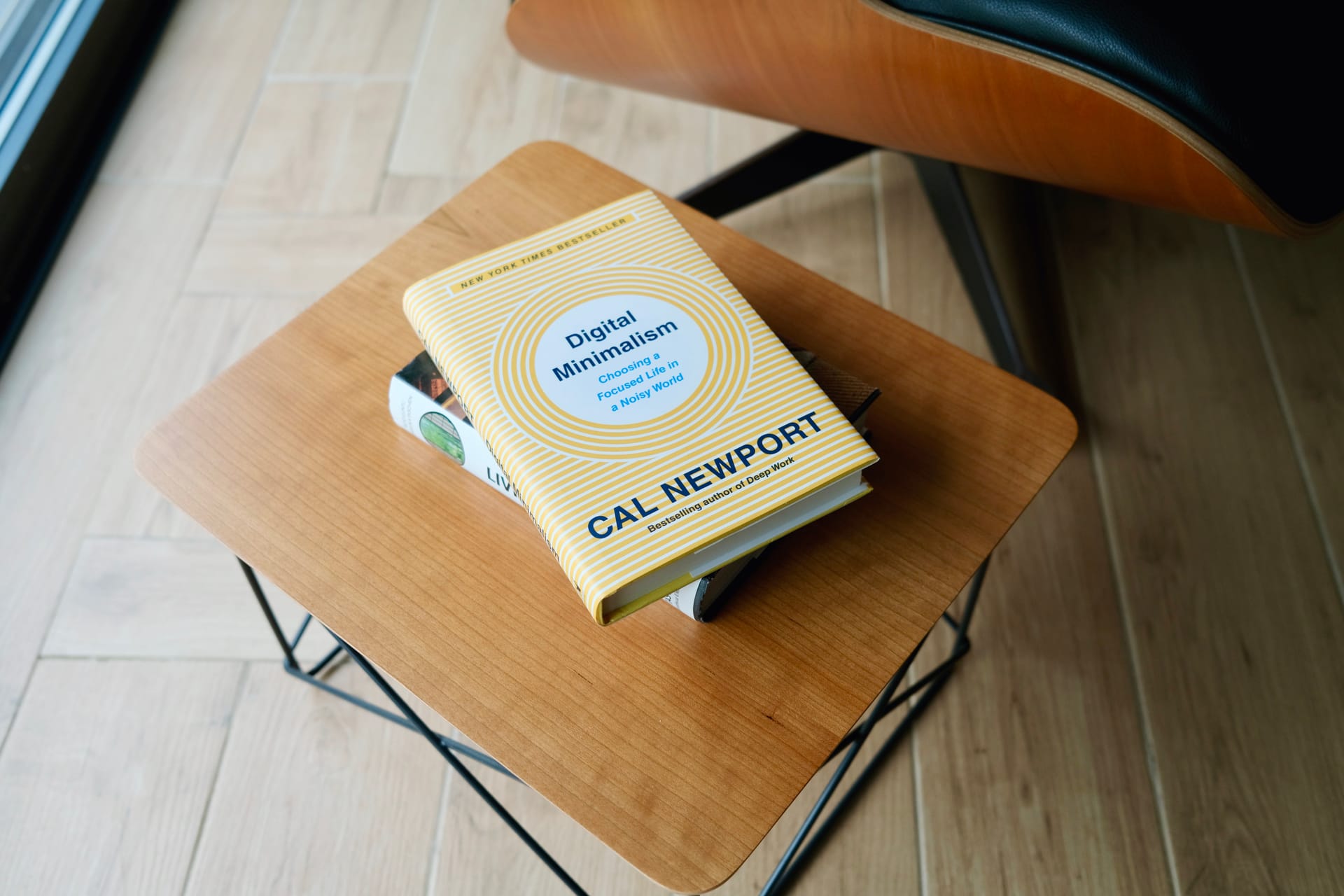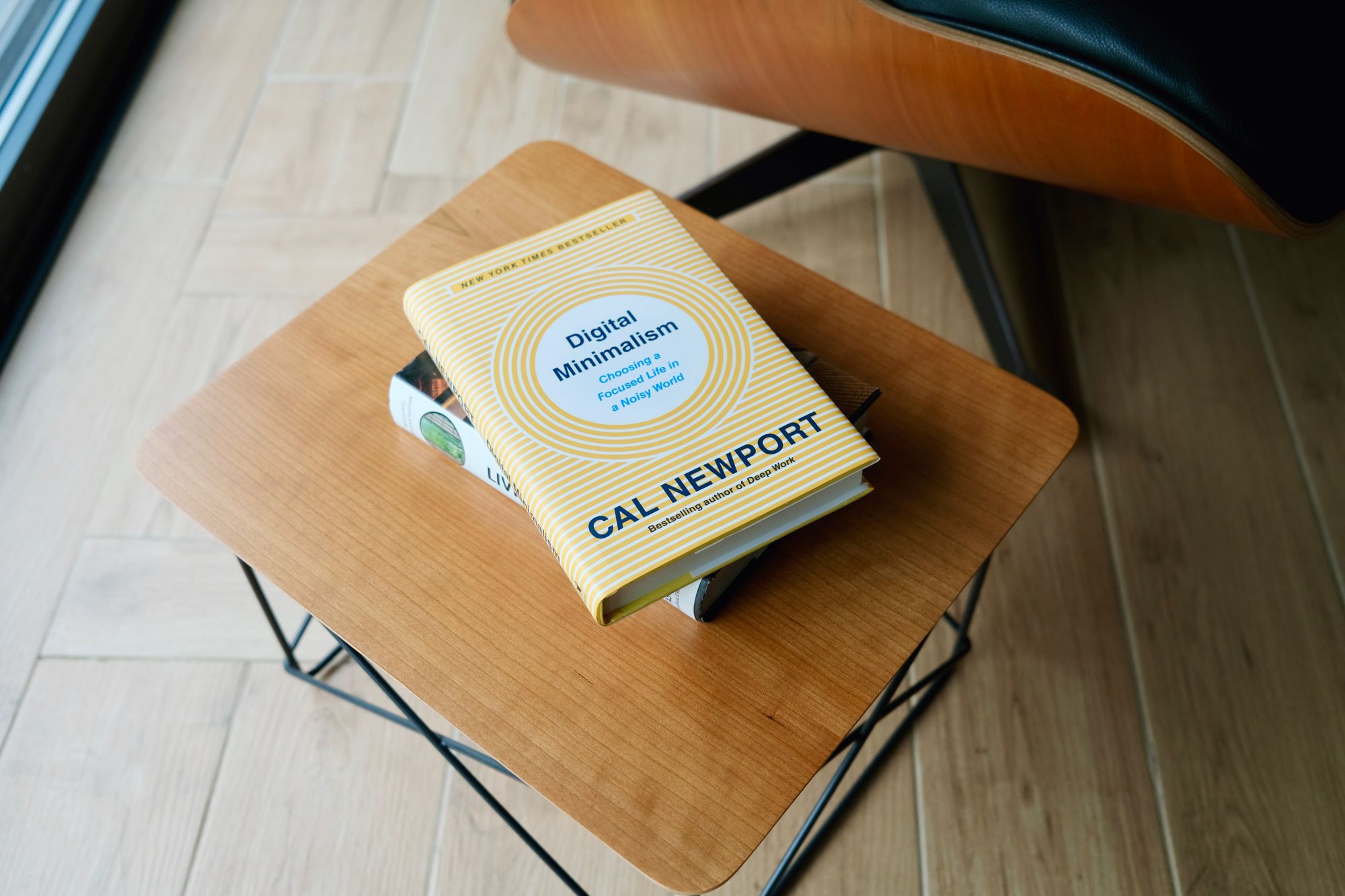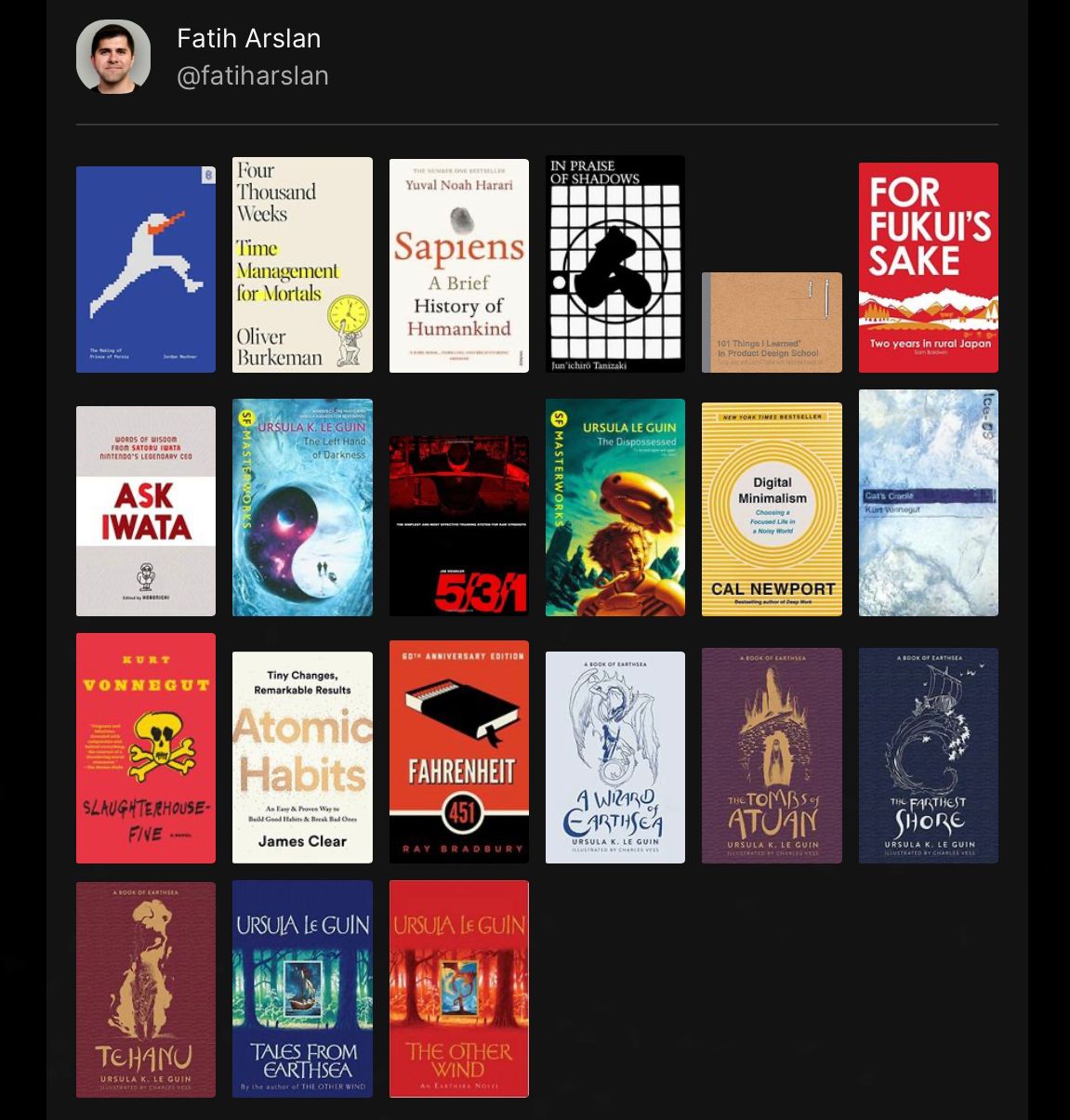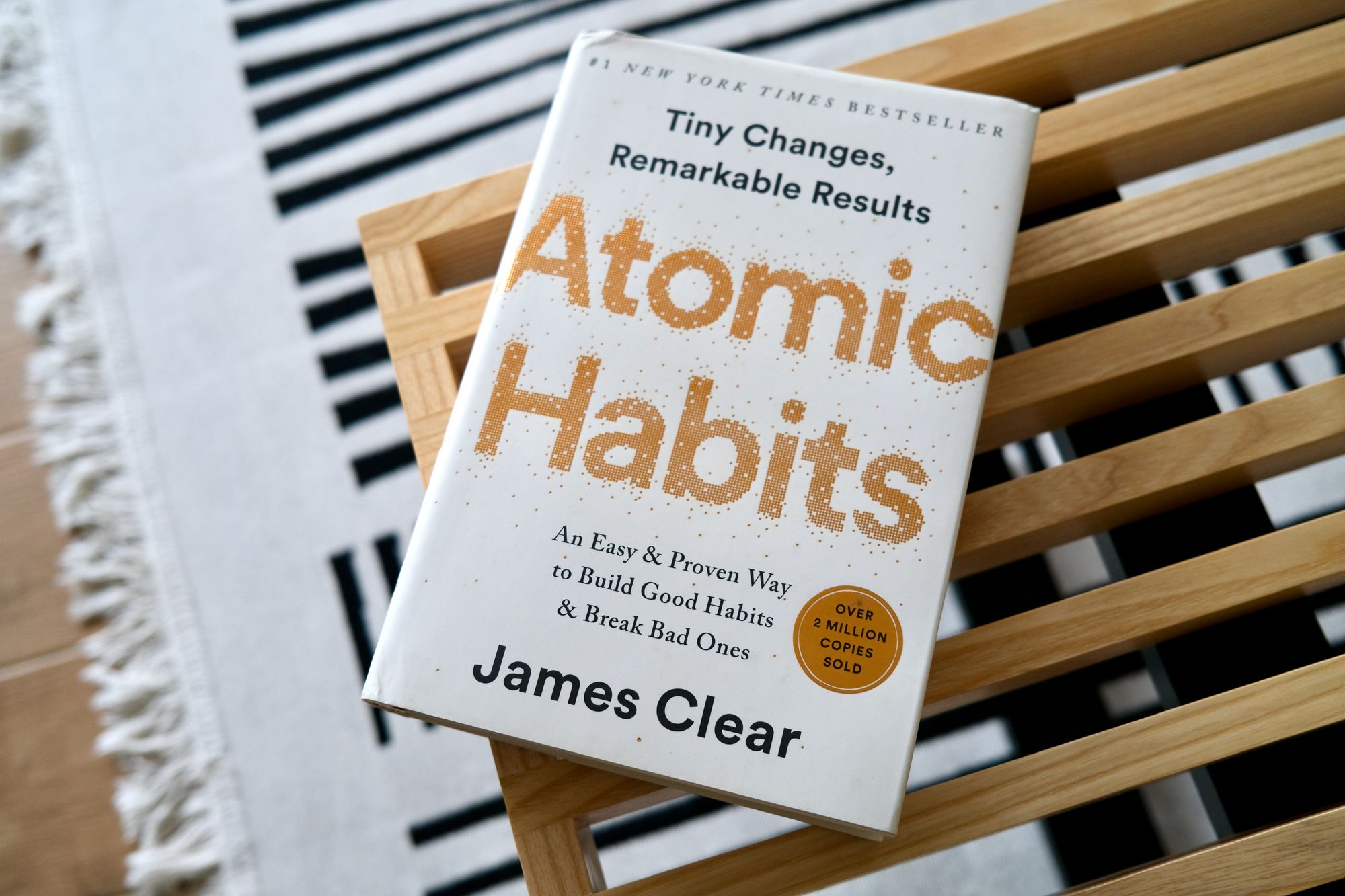Reflections on my relationship with social media

Today marks my 30th day of not using any Social Media. I didn't like a single tweet, didn't watch an Instagram story, did not click on the notifications tab, didn't read HN comments, and didn't stroll in various subreddits. Na da.
My main goal was not to consume anything. I occasionally posted a couple of posts, but that was to share some news or some of my new blog posts. After posting, I would close the tab and not read anything. I don't know what people would write to those tweets, either. I treated it as a black box.
Why did I start doing it?
Struggle
For a long time, I struggled with Social Media. I knew I was spending too much time on it, but I let it consume me. I enjoyed the occasional dopamine hit, the likes, the replies, and the new people I've encountered.
My follower base increased with time. With the open-source projects, blog posts, and work at public companies, people worldwide started following me. So, I somehow thought I had an obligation to provide a constant stream of content to anyone. I had to ensure nobody lost interest, and their well-being was more important than mine. With such a large follower base, I also started receiving personal messages. Not one or two; on average, it was five messages daily. First, it was e-mails, but with time, people started messaging me on Twitter and later on Instagram.
Every single morning, I would wake up, have breakfast, and start first scrolling the feeds of various social media websites. I was replying to the latest tweets, sharing new things, and catching up with friends and the world.
But with time, I've encountered how exhausting it was. Trying to catch up with notifications and new messages, I felt like my brain was on fire. Zero Inbox is a lie, or at least for immortals. However, I knew there should be, or must be, a way to end all this madness.
I sometimes tried to delete Twitter on my iPhone. But I immediately started using the mobile Safari browser to open Twitter. I was addicted; I couldn't stop looking at it. This addiction also affected other parts of my life. At night, I would scroll through my Twitter feed before I would sleep to catch up with the latest. When I woke up, Twitter was the first thing I would open. The phone is always with me, everywhere, every time. Was I having a conversation with friends? I would open it occasionally to see what was going on. Playing with my kids, I would check my phone constantly. My phone was always near me and a safe place during dinner with my close family circle. I had to open it. It was there, calling me like the One Ring calling for Gollum.
I had a lucky gift that I could at least be in a deep focus while working or practicing a hobby, which I can do very well. Interestingly, social media didn't yet poison me that much, but I felt it made me weak.
Experimenting
I've thought about how to improve my quality of life. My wife and I decided to experiment with certain things. She had better self-control than me. She would sometimes delete Instagram for weeks, not even itching for it. So sometimes, I would tag along with her. Of course, that didn't quite play according to the plan.
What triggered me to make a change happened out of the blue.
I had a goal of reading 20 books this year (which I just completed this week), and for my next book, I picked up "Digital Minimalism" from my library. I bought it a long time ago and planned to read it when I had the time. The author is Cal Newport, and I have already read one of his other books, Deep Work, and loved it. So, why not try it?

For most people, it's already apparent – including me – how bad social media is in certain aspects. Tons of books are written about this topic, and "Digital Minimalism" isn't a novelty. However, I guess it just started a fierce internal debate inside me that eventually forced me to end my addiction to social media.
The book wasn't well written compared to his other book Deep Work, but it certainly included more actionable advice. When you start reading it, he gives the first significant action item in the initial chapters: parting away completely from Social Media for 30 days.
"You'll likely find life without optional technologies (a.k.a. social media) challenging at first, and this disruption can feel unpleasant," he says in his book Cal Newport. And it was like that, but Cal Newport's one big piece of advice is not entirely to abandon and create a significant gap in your life. You'll have to fill it with something so you don't "carve" for your phone every time.
The goal is not simply to enjoy time away from social media. During this sabbatical period, he suggests filling it with higher-quality activities. He gives many other ideas and suggestions in the book, so check it out if you are interested. For me, abandoning Social Media for 30 days was yet another experiment, and I had nothing to lose.
At that moment, I put the book away, opened Twitter and Instagram (my two most active platforms), and announced that I would no longer use them.
I decided to take a four-week break from Twitter. I want to see the effects of not using it. The main reason is that it’s too distracting. I might post some updates, but I won’t consume anything. I’m also deleting the iOS app (along with other social media apps). See you all 👋
— Fatih Arslan (@fatih) September 26, 2022
I wanted to announce my decision publicly and force myself to stick to it because it's much harder to come back when everyone knows your intention.
Filling the hole
Lucky me, I already knew what to do during these 30 days. People following me for a long time know I'm an avid reader and tinkerer, and I like experimenting with new things and can pick up new hobbies quickly. I'm a fast learner, but I'm not sticking to anything for a long time as I lose interest or don't like to fiddle around if I find it boring. But this time, it was different.
I've started reading more books, which helped tremendously in reaching my goal because I had set a goal of reading 20 books for this year. I doubt I would finish so many books in such a short period. But I did. I reached my goal of finishing 20 books. Looking back, the goal looks very flimsy. I think humans are more capable than they think.

Another high-quality leisure I spent time was practicing piano. My son started going to school this year. He and I both started taking Piano lectures from a tutor, and anyone who played piano knows how rigorous it is. You'll have to practice every day. Our Digital Piano was next to my desk, so It was heaven. I made a rule: I would sit down and practice Piano whenever I would pick up my phone out of habit.
Interestingly, my behavior about using the Piano made more sense when I also started reading the book "Atomic Habits".

In "Atomic Habits", James Clear writes: "Every habit is initiated by a cue, and we are more likely to notice cues that stand out." and adds, "It's easy not to practice the guitar when it's tucked away in the closet. It's easy not to read a book when the bookshelf is in the corner of the guest room. When the cues that spark a habit a subtle or hidden, they are easy to ignore".
I wasn't aware that putting my piano next to my desk and making it a big part of my environment was a prominent cue to form a new habit. "If you want to make a habit a big part of your life, make the cue a big part of your environment," James says in the book.
My cue was the Piano. And it was one of the main reasons I broke my bad habit of using Social Media and started practicing a good routine: playing the Piano. The book was golden, and I was glad I picked it up during this period because it was the perfect complement to shape my bad habits.
Be the designer of your world and not merely the consumer of it - James Clear (Atomic Habits)
If putting a big piano inside my room was a cue for a good habit, it also meant putting away other cues out of sight would get rid of my bad habits. What I started doing was deliberately putting away my phone. It was no longer on my desk or beside my side table while reading books. I slowly started picking up my phone less each day. With time, I realized that I didn't need it at all. Of course, I also made plenty of changes to my environment and devices:
- I removed Instagram, Twitter, Reddit, and Telegram from my phone and other apps. The only app I kept was WhatsApp because that's how I communicate with my wife and parents. But I muted all groups and ensured no one else could contact me during work hours.
- I configured "Do Not Disturb" on my iPhone and MacBook to enable it automatically during weekdays. That way, I wouldn't be bothered by any notifications. What I like the most about the DND setting is you can configure it, so your close circle (Family, Spouse, etc.) can call you.
- On my MacBook, I've installed an app called Focus and configured it to block websites automatically. I would, out of habit, open Twitter during the day, and because I promised not to consume anything during the 30 days, the Focus app was handy. I still use Focus every single time.
- I purchased an Apple Watch with a cellular option. I wanted to get the Cellular version for some time, but the timing was great, so I pulled the trigger. This purchase helped me not to take my phone with me anymore. For example, I would go out for groceries or pick up my kids with just my Apple Watch. This way, I could still call my partner's phone (or she could reach me in case of an emergency), and I was phone free. The Apple Watch also has all the mini apps from the iPhone, such as Reminders. So I could still see my grocery list.
- Because I wouldn't carry my phone, I would bring a book. Even if I hadn't the time to read, that helped me to build a habit of carrying a book. With time, whenever I had the urge to read something, I had a book with me. The great thing about this habit was, I regained my ability to sit down and read for long hours.
Verdict
I can undoubtedly say that the past 30 days were challenging but, at the same time, relieving. My relationship with my surroundings, friends, and family also changed considerably. I no longer rely on small chats and cues (i.e., likes). Instead, I deliberately put time aside and call my close friends and talk with them. I made sure to put a "block/busy" slot on my Calendar to spend my time effectively.
I wasn't sure whether writing this blog post wouldn't provide any insight to anyone. But I wanted to give a trail for myself, to remember what I went through when the future Fatih reads it.
Of course, I know that some people are at peace with social media; they are not affected by them and use it sparsely, and that's how it should be. And for me, I didn't abandon it, but from now on, I'll check out Twitter or Instagram on certain days or only for a certain amount of time. I believe this approach will provide me with the best balance between my personal and professional life.